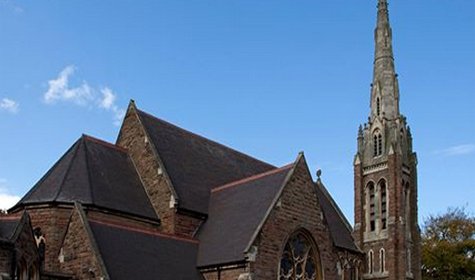The position that a tax exemption is a subsidy has always been wrong. In no way is a person being subsidized when the state simply refrains from seizing a portion of that person’s private property. The idea that it is a subsidy relies on the assumption that all wealth is the government’s wealth first, and that any wealth held in private hands is somehow being withheld from the proper owners (i.e., the government).
Matt McCaffrey recently wrote in the topic here and here, and I’ve explored the topic here.
The same line about subsidies is now being paraded around in an effort to massively increase taxes and government revenues by cutting off tax exemptions for religious organizations. Mark Oppenheimer at TIME says:
And many churches and synagogues sit on exceedingly valuable tracts of land (walk up and down Fifth Avenue to see what I mean). The property taxes they aren’t paying have to be drawn from business owners and private citizens — in a real sense, you and I are subsidizing Mormon temples, Muslims mosques, Methodist churches.
Just think of all the loot the government could get its hands on if those pesky tax exemptions were eliminated.
It’s a safe bet that Oppenheimer doesn’t care about private property except when it comes to his particular pet issues (i.e., he believes in a “right to choose” on one issue), so massively increasing the size and scope of government by eliminating tax exemptions is all to the good for him. The fact that it would eliminate numerous schools and other charitable institutions (the ones that are religious) is just icing on the cake.
For those who at least feign in the direction of being pro-private property, however, the correct response to a tax exemption is more tax exemptions — not a call to raise taxes in the name of “fairness.”
This article was taken from the Mises Daily which appeared at: https://mises.org/blog/church-organizations-and-tax-exemption-subsidy-mistake-0

